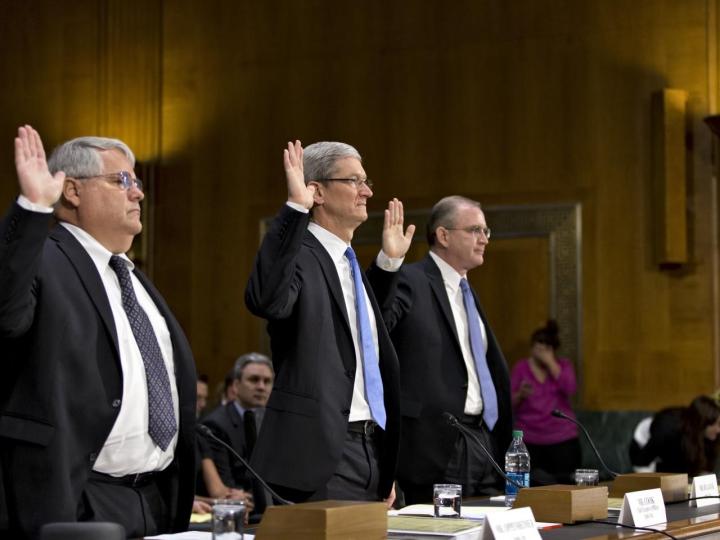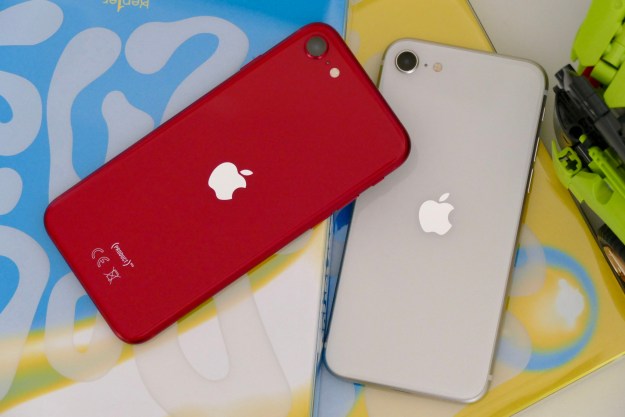
After several tense days, Apple filed a motion to vacate the FBI’s request to force the company to unlock Syed Farook’s iPhone, according to TechCrunch. In the motion, Apple contends the FBI is wrongfully using the All Writs Act.
“The demand violates Apple’s First Amendment rights against compelled speech and viewpoint discrimination.”
“No court has ever granted the government power to force companies like Apple to weaken its security systems to facilitate the government’s access to private individuals’ information. The All Writs Act does not support such sweeping use of judicial power, and the First and Fifth Amendments to the Constitution forbid it.”
Apple argued previously that it would need to write special code in order to unlock Farook’s iPhone, and now it is referring to this new code as GovtOS. Furthermore, the company feels it would also need to create a FBI forensics lab at its headquarters and staff it:
“In order to comply with the Gov’t demands, Apple would need to create a new ‘GovtOS’ and FBI forensics lab on site that has the potential to be used on hundreds of phones now in law enforcements possession in conflict with existing law as well as the First and Fifth Amendment of the United States Constitution.”
The company also believes the FBI’s request is in violation of its constitutional rights:
“The demand violates Apple’s First Amendment rights against compelled speech and viewpoint discrimination. Apple wrote code for its operating system that reflects Apple’s strong view about consumer security and privacy. By forcing Apple to write software that would undermine those values, the government seeks to compel Apple’s speech and to force Apple to express the government’s viewpoint on security and privacy instead of its own.”
“The government’s demand also violates Apple’s Fifth Amendment right to be free from arbitrary deprivation of its liberties in that it would conscript Apple to develop software that undermines the security mechanisms of its own products.”
The FBI has contended this case is about one iPhone, but based on the fact that dozens of cases involving other iPhones are pending, Apple argues the government knows it’s not telling the truth:
“The government says: ‘Just this once’ and ‘Just this phone.’ But the government knows those statements are not true; indeed the government has filed multiple other applications for similar orders, some of which are pending in other courts. And as news of this Court’s order broke last week, state and local officials publicly declared their intent to use the proposed operating system to open hundreds of other seized devices—in cases having nothing to do with terrorism. If this order is permitted to stand, it will only be a matter of days before some other prosecutor, in some other important case, before some other judge, seeks a similar order using this case as precedent.”
Editors' Recommendations
- One of the most iconic iPhone accessories is back — and it’s great
- iPhone 16: news, rumored price, release date, and more
- Nomad’s new iPhone case and Apple Watch band may be its coolest yet
- 5 phones you should buy instead of the iPhone 15
- Why you should buy the iPhone 15 Pro instead of the iPhone 15 Pro Max


